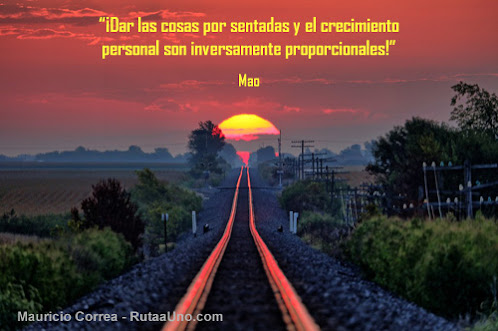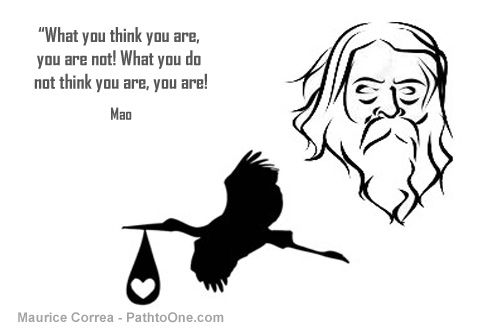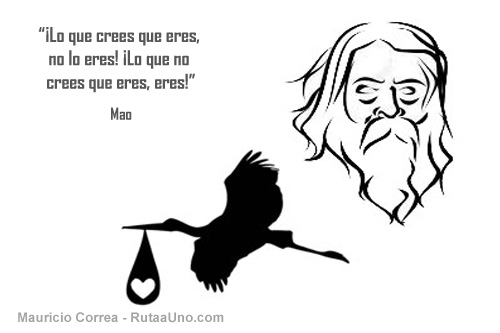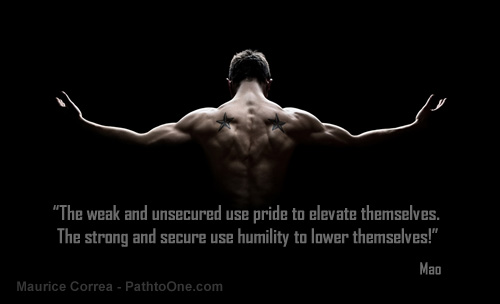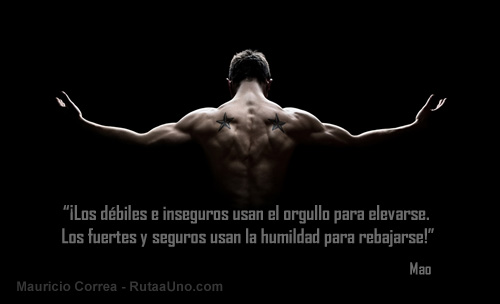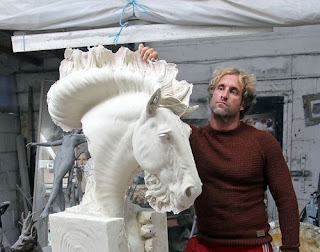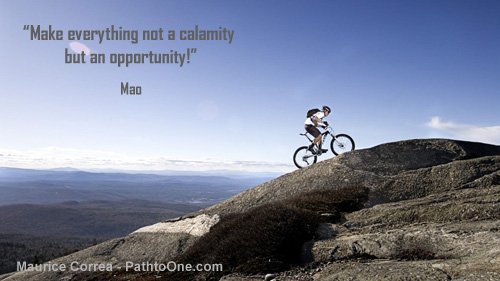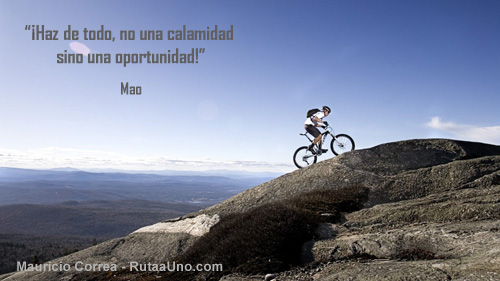TAKING THINGS FOR GRANTED
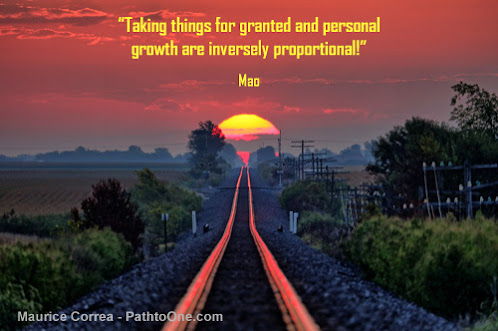
Since our discovery and learning period from early age, we were taught, or learned about, what a nose, arm, tree, flower, dog, tiger, and everything else we know is. We learned the relationship between words and tangible or intangible things and took them as they were given to us. We were taught, “this is your nose, this is your arm, that is a tree, that is a cat, this is a shoe, etc.,” but we neither questioned those things, nor tried to find out the real definition, nature or essence of all of them. In other words, do we really know what all these things are? Do we understand them? Have we spent enough time observing, studying, and trying to understand them? And the answer is a resounding “no.” We have taken everything for granted. We know it; it works; it is there and fine; therefore, we do not have to worry about it. We have done it with ourselves, our health, behavior, emotions, body, etc. and with everything else. “That’s a tree!” “Oh, look how pretty that flower is!” “This
